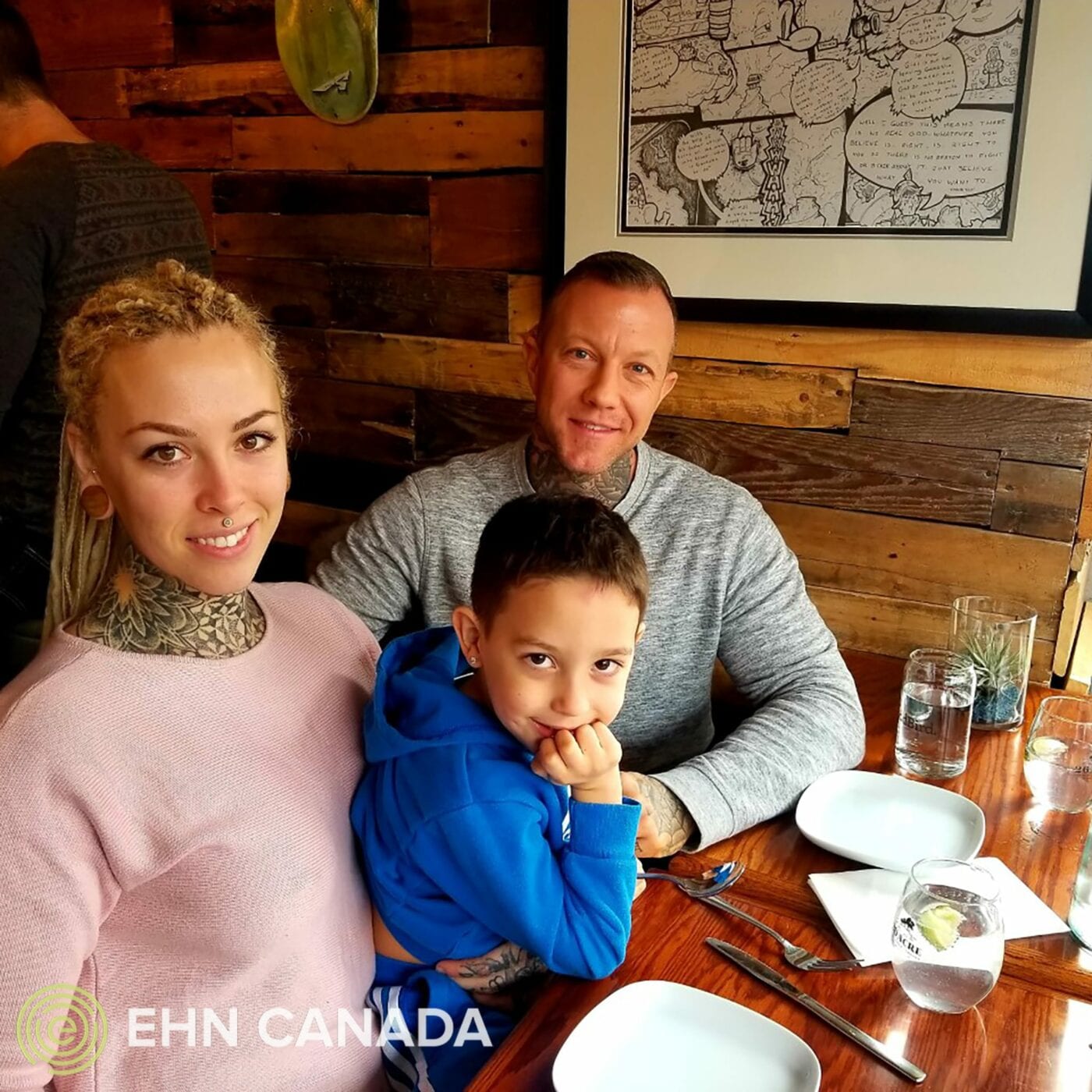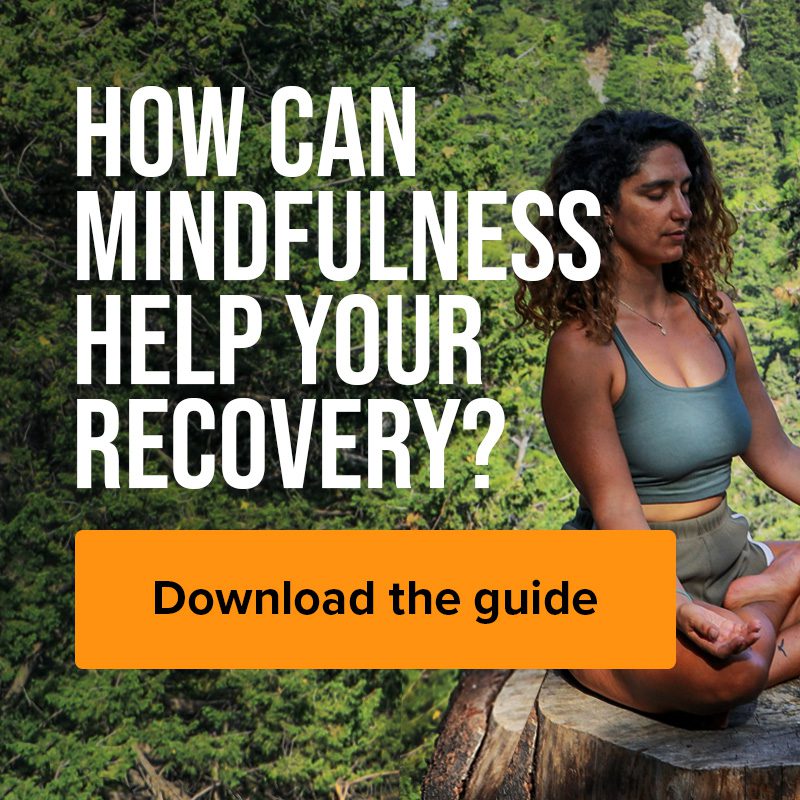Opinion by EHN Guest Writer
Written by Chris Howe, public speaker, recovered alcoholic and addict, and firefighter.
The holidays can be a very emotional and trying time for anyone, with numerous parties, the pressures of gift buying, family functions, etc. For someone in recovery, particularly early recovery, these pressures can seem like mountainous hurdles that can’t be overcome! Learning to navigate the holiday season in a healthy and non-destructive manner can be a daunting task.
I started my life in recovery in January of 2011. So, my first experience with the holiday season came just before my one year anniversary. It was terrifying. As happy as I was to be free of drugs and alcohol, I couldn’t help but be wary of the excessive pressures that come along with the month of December. Not only that, but I was nearing my one year milestone and felt extremely vulnerable, since I had never imagined or known a time when I had achieved such an accomplishment.
Was I supposed to avoid the festivities and family functions that had always ended in debacles for me in the past? Was I to bow out of work and social events that would involve alcohol? Did I really want to spend the holidays in church basements at meetings together with others in recovery and neglect the people around me outside of the meetings? I had many questions.
In 2005, I Failed Big
In 2005, in one of my many feeble attempts at sobriety, I had planned to stay sober for the month of December. I hadn’t changed anything in my life, I wasn’t working a program or really committed to long-term recovery. I was staying sober on my own will and basically just white knuckling it. I went to a Christmas party that was at a bar, telling myself that I would only drink soda water with lime, so that people would assume I had an alcoholic drink and would not bother me about not drinking. The plan seemed foolproof to me at the time. Was I ever wrong! Instead, my friends were unaware that I wanted to stay sober, and offered a round of shots. I couldn’t hide behind a fake drink and didn’t have the mental fortitude to decline their offer. So, just like that, I took the shot.
I am a true alcoholic and now realize that the moment I introduce alcohol into my system, everything falls apart and I have no idea what will come next. That was exactly what happened. It started with one shot and ended 3 days later, with no money, many regrets, and a mountain of anxiety around the fact that I had thrown away the idea of sobriety with one notion of a drink. This experience taught me a lot about the weight and severity of my addiction. In 2011, I kept this memory near and dear to me because I had committed to a lifetime of recovery one day at a time.
In 2011, I Made a Plan
After many conversations with my sponsor, some close, healthy friends, and some co-workers in whom I had confided, I decided to come up with a plan. This plan would involve a strategy around holiday events. First, I had to evaluate which events could be a safe space for me. In other words, I had to know my crowd. I couldn’t go out to a bar and see old friends with whom I had used or drank excessively in the past. That would be setting myself up for failure. My first sponsor told me, “if you spend enough time in a barber shop you’ll eventually get a haircut.” Meaning, if you hang out in bars with people who are drinking excessively, you’re bound to have a drink yourself.
I decided to keep my social events limited to coworkers and family. I chose these two groups because they were the two groups of people with whom I had been completely open and honest about my recovery. I could trust that these people would have my best interests at heart. They knew about my past and they knew how I was trying to change. I was confident that these people loved me and cared about my well-being, and therefore would not intentionally put me in harm’s way.
I did have a group of friends whom I trusted were supporters of my recovery at the time. But, I would see them from time to time throughout the year for lunch or a coffee, and I was satisfied with that. We didn’t need to get together over the holidays in a place where I might be a little bit more vulnerable. That was more about trusting myself. I certainly had coworkers and family who were heavy drinkers as well as social drinkers. So I knew that during these fun-loving and exciting holiday get-togethers, there was a possibility that some people would get out of hand. To protect myself, I decided to come up with an exit plan for every event that I would attend.
Sticking to My Plan Lets Me Enjoy the Holidays
This is a practice that I’ve actually continued throughout my nine years of recovery. I’ve learned that when people start to lose control due to alcohol or substance use, it can be easier for words to be exchanged and triggers to be brought up. For this reason, I decided that when I started to see and feel other people having a little too much to drink or acting out of sorts, I would politely excuse myself from the party. I would thank the host for allowing me to participate in a wonderful gathering and then make a prompt exit. This has served me well over the years.
Nobody ever seemed upset that I left early—they were more pleased that I had showed up in the first place and for the quality time that I spent with them. After all, it’s about quality, not quantity. I show up early, make my rounds with the people I love and care for as they arrive, and then politely exit knowing that I’ve taken full advantage of a nice get-together. There should be no expectations around social events in the holiday season for people in recovery.
Creating healthy boundaries around these events can help people in recovery enjoy a healthy social atmosphere in a responsible way. But, there’s no timeline on these things. Nobody says you have to stay until the end. This was certainly a different way of thinking for me—before my recovery, I would stay until the end and then some! I would keep the party going at any expense. Learning my boundaries and following these rules that I created for myself really cultivated a sense of responsibility and ownership around my own recovery.
The Holidays Can Be a Wonderful Time of Year for Everyone in Recovery
In recovery, the holidays can be an amazing opportunity to reacquaint oneself with family and close friends. We can be in the moment and truly appreciate the fellowship of the positive people in our lives. During the rest of the year, we don’t always get the chance to be present and we’re often preoccupied with work or other priorities. We have an opportunity to be of service and donate some time volunteering at a soup kitchen, going to meetings, and offering well wishes to others in recovery. It’s important to always be mindful of the gift of recovery and the positive attitude we have cultivated while doing the inner work necessary to thrive in recovery! It is my hope that this article will help others who may have anxieties surrounding the holiday season.
Please feel free to reach out with any questions or concerns via Instagram @_chris_howe_ . I truly wish everyone a happy and joyous holiday season.
Your friend in service, Chris Howe
EHN Canada Can Help You
If you would like to learn more about the eating disorder support programs or counselling services offered by EHN Canada, or if you have any other questions about addiction or mental health, please call us at one of our numbers. Our phone lines are open 24/7—so you can call us anytime.

